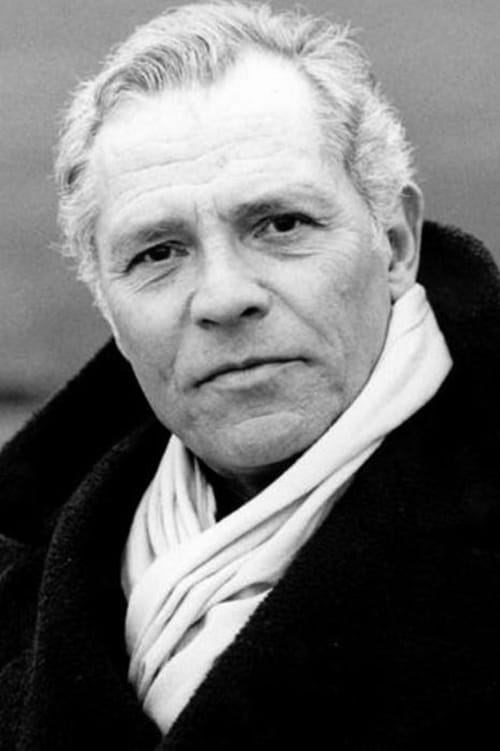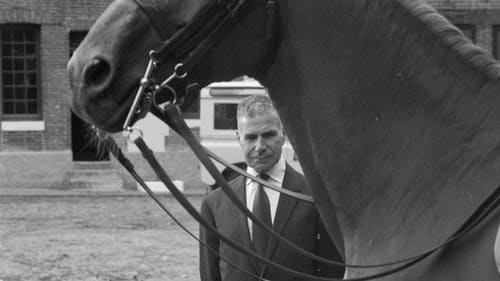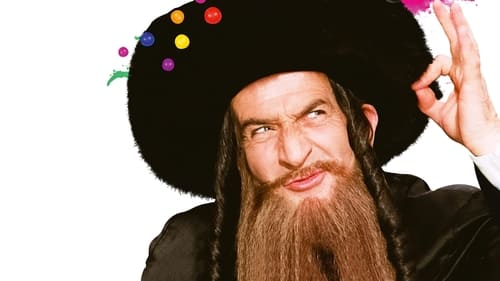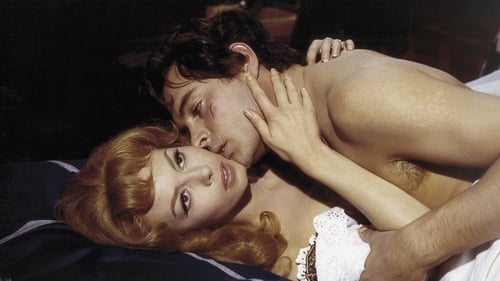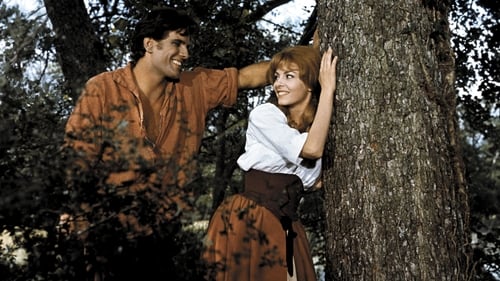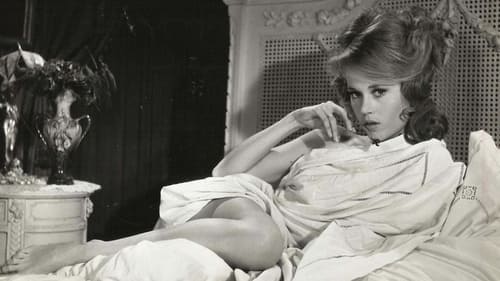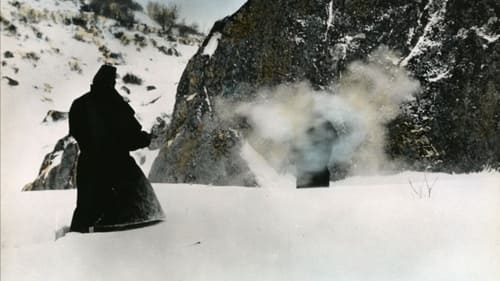Claude Giraud
Birth : 1936-02-05, Chamalières, Puy-de-Dôme, France
Death : 2020-11-03
History
Claude Giraud (5 February 1936 in Chamalières – 3 November 2020) was a French actor.
Claude Giraud studied with Tania Balachova at the Théâtre du Vieux-Colombier; Berthe Bovy and Jean Meyer at the École de la rue Blanche (École nationale supérieure des arts et techniques du théâtre, ENSATT). In November 1957 he was accepted as a student at CNSAD Conservatoire national supérieur d'art dramatique, where he studied with Jean Debucourt and Fernand Ledoux. Upon his graduation he was the first male student to win all three categories during the Concourse (Classical Comedy, Modern Comedy, Tragedy). In 1962 he was the first recipient of the newly created Prix Gérard Philipe. He was engaged at the Comédie Française in 1962 as a pensionnaire. Besides his debut role as Valère in Molière's The Miser, he played Arsace in Corneille's Bérénice, and the narrator in the stage adaptation of André Gide's short story Le retour de l'enfant prodigue (The Return of the Prodigal Son). Disappointed that he was only cast in small roles, he left the Comédie Française after a few months to start his film career. He played the leading role as Capitaine Langlois in François Leterrier's movie adaptation of Jean Giono's novel A King Without Distraction in 1962. He was Oedipus in the film adaptation of Jean Cocteau's The Infernal Machine. He joined the Compagnie Marie Bell to play a US tour in New York City, Boston, Washington D.C., and Princeton in October–November 1963. For his presentation of Hippolite in Phèdre and Titus in Bérénice at The Brooks Atkinson Theatre on Broadway, he was awarded the Theater World Award. He played the role of the soldier Georges in Roger Vadim's Circle of Love, a film adaptation of Arthur Schnitzler's scandalous play La Ronde (play). Between 1964 and 1966, Claude Giraud played the part of Philippe de Plessis-Bellières beside Michèle Mercier in three Angélique films: Angélique, Marquise des Anges, Marvelous Angelique, and Angelique and the King. He returned to the Comédie Française in 1972 and became the 460th sociétaire in 1976. He left again in 1982 to join Jean-Laurent Cochet's newly created Théâtre Hébertot.
He gained fame in TV series as hero Morgan/Jacques de Saint-Hermine in the adventure series Les Compagnons de Jéhu by Michel Drach adapted from the eponymous novel by Alexandre Dumas. Bernard Toublanc-Michel engaged him in 1967 for the role of d'Aulnay in Adolphe ou l'âge tendre. The TV series Les rois maudits, where he played the role of Sir Roger Mortimer, was another huge success. In 1973, he played the fictional Arab revolutionary leader Mohamed Larbi Slimane, who poses as Rabbi Zeiligman in The Mad Adventures of Rabbi Jacob with Louis de Funès. In the TV movie Mamie Rose (1976) he played Claude Jade's husband Régis, whose marriage is saved by an au-pair granny played by Gisèle Casadesus.
Other TV series include Mathias Sandorf (1979), in which he played corrupt banker Silas Toronthal, based on Jules Verne's eponymous novel.
He married Catherine Marquand (1943-2012), a fellow acting student at the Conservatoire, in 1963. They had a son, Louis (*1963), and a daughter, Marianne (*1966), who is also an actress and married to French actor and director Jean Martinez. ...
Source: Article "Claude Giraud" from Wikipedia in English, licensed under CC-BY-SA 3.0.
